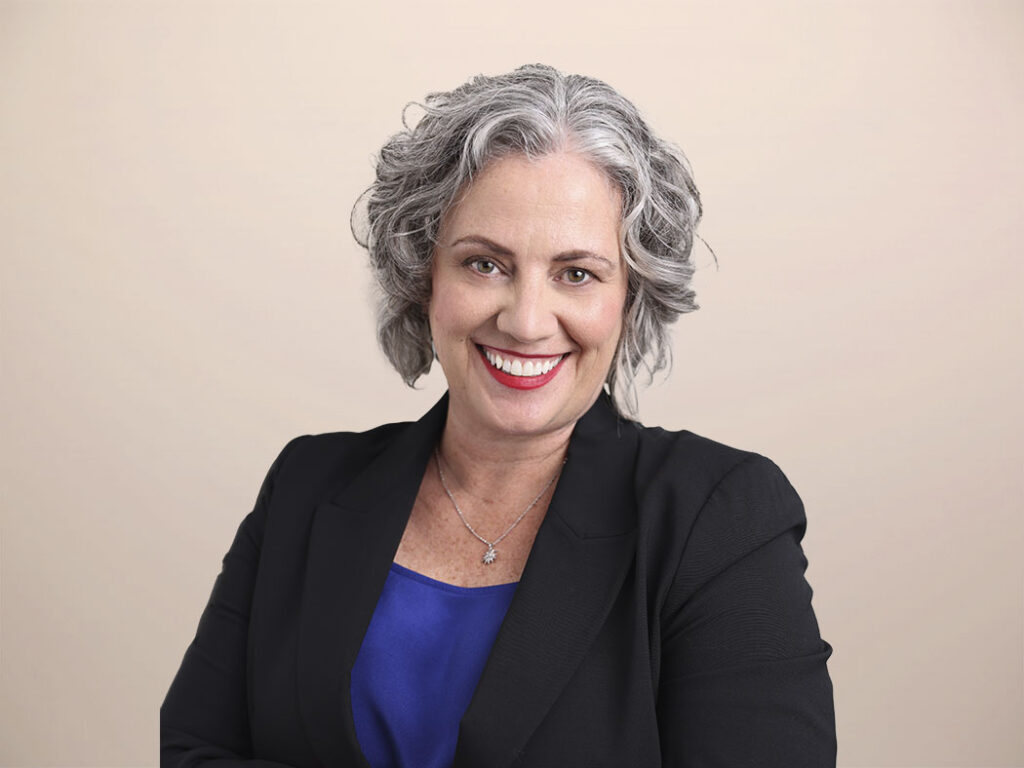Begin With The End In Mind
This second habit from Stephen Covey’s The 7 Habits of Highly Effective People has been on my mind since Forrester’s recent Forum, CX North America.
At the event, which exceeded expectations and attendance, customer experience (CX) and marketing leaders listened as Forrester client Amy Shioji, head of customer experience and insights at Strategic Education, and I discussed how to navigate successful CX careers. The mood was reflective, as was the topic.
The rearview mirror can provide perspective, but you first need to know where you are headed.
Much of the advice we gave centered around having a vision for life and your career, knowing your strengths, and continual learning and growing while creating impact for brands and people through our shared discipline of CX.
Then a question hit the chat box: “Transition from a CX department to a CX discipline takes time. Do you have suggestions on how to expedite this process?”
To which I would answer:
“Begin with the end in mind.”
Success in life and leadership requires vision. Have a vision for where you want to go, commit to your vision, and work the plan to deliver it. This requires relentless daily reflection and reprioritization so you can surf the busyness of day-to-day business realities while never losing sight of where you want to end.
“How does this translate to CX?”
We know that it is important for customer experience to be a shared discipline, with deep understanding and accountability throughout the organization.
CX is a team sport, yet we start by launching the “CX initiative” or we create the “CX function” or we get leaders in a room to do a “customer journey map.” We box it in. We silo it. We unintentionally reinforce a mental model that CX is like other disciplines before we even initiate a CX vision or strategy.
“What if we launched a vision for customer obsession, created a path for a more customer-centric culture, then began to mature CX management capabilities?”
By first leveraging the strength of the collective before adding functional subject matter experts, we begin with the end in mind. We begin by enabling everyone in the entire organization to understand their role in delivering a great customer experience. Improving customer experience becomes a companywide vision and commitment, not the remit of the CX department.
I have the pleasure of working with many companies just starting their journey to customer obsession. One of the first recommendations I make is:
Educate, align, then transform.
Education requires shared understanding. Forrester’s CX Certification courses are a perfect way to expand the ownership of CX across the organization, cascading knowledge, excitement, and commitment that leads to cross-functional alignment. A best practice is to pair training with the launch of your CX champion programs; this provides the foundation in which transformation then becomes possible.
At Forrester CX North America’s “CX Professionals: New Frontiers To Established Careers” panel discussion moderated by Angelina Gennis, I learned that Amy would tell her teams, “We know we have done our job when we are no longer needed.” I laughed out loud. That has been my leadership mantra for some time. My belief is that it is the CX team’s job to make others better by enabling employees to deliver the best customer experience possible. Amy recently wrote a great blog post on the topic.
Begin with the end in mind.
“How would you enable your organization if your leadership vision was to ensure that every employee has ownership of the customer experience so that, one day, the CX team might fade away?”
CX teams: Own your expertise, but hold it lightly. Let others in. Welcome them. Begin with them. We need them and they need us to foster customer-obsessed organizations that deliver exponential growth for brands and people.
“So what will you do when you are no longer needed?”
Get promoted. Get the next killer new job. You tell me. What is your vision for your life and your career?
If you’re among Forrester’s 2,200-plus Certification alumni, you might leverage this network of like-minded professionals to help shape and refine how you define your vision.
Leverage the Certification team to make the most of this powerful group.
